C9658
Carboxypeptidase G from Pseudomonas sp.
lyophilized powder, ≥3 units/mg protein
Synonym(s):
γ-Glutamyl hydrolase
About This Item
Recommended Products
form
lyophilized powder
Quality Level
specific activity
≥3 units/mg protein
mol wt
homodimer ~90 kDa
composition
Protein, ~70% biuret
solubility
H2O: soluble 0.5 mg/mL
storage temp.
−20°C
Looking for similar products? Visit Product Comparison Guide
Application
Biochem/physiol Actions
Unit Definition
Physical form
Preparation Note
Signal Word
Danger
Hazard Statements
Precautionary Statements
Hazard Classifications
Eye Irrit. 2 - Resp. Sens. 1 - Skin Irrit. 2 - STOT SE 3
Target Organs
Respiratory system
Storage Class Code
11 - Combustible Solids
WGK
WGK 3
Flash Point(F)
Not applicable
Flash Point(C)
Not applicable
Personal Protective Equipment
Certificates of Analysis (COA)
Search for Certificates of Analysis (COA) by entering the products Lot/Batch Number. Lot and Batch Numbers can be found on a product’s label following the words ‘Lot’ or ‘Batch’.
Already Own This Product?
Find documentation for the products that you have recently purchased in the Document Library.
Customers Also Viewed
Our team of scientists has experience in all areas of research including Life Science, Material Science, Chemical Synthesis, Chromatography, Analytical and many others.
Contact Technical Service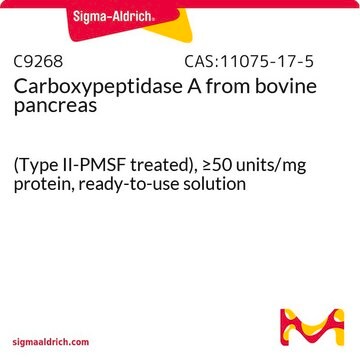

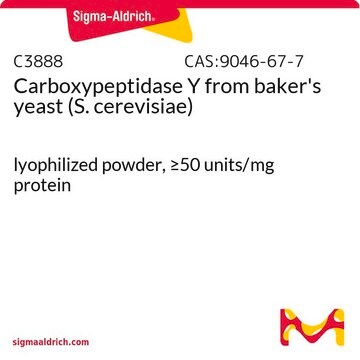



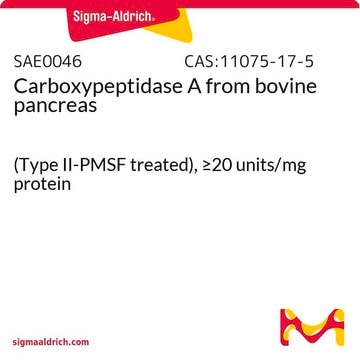
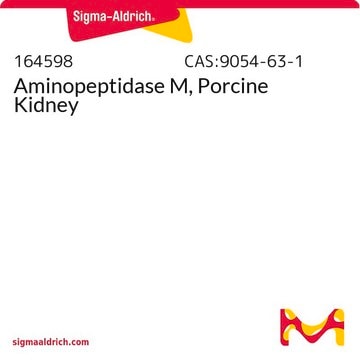

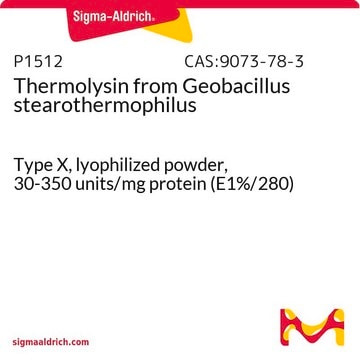


![4-[N-(2,4-Diamino-6-pteridinylmethyl)-N-methylamino]benzoic acid hemihydrochloride hydrate 95%](/deepweb/assets/sigmaaldrich/product/structures/322/449/9a8d4b73-d9c4-4692-93d4-16a7a81d35c4/640/9a8d4b73-d9c4-4692-93d4-16a7a81d35c4.png)



